Trump administration cannot suspend food aid benefits, US judges rule
The dual rulings by judges in Massachusetts and Rhode Island came in a pair of lawsuits seeking to block the U.S. Department of Agriculture from suspending Supplemental Nutrition Assistance Program benefits, known as SNAP or food stamps, starting on Nov. 1.
 Workers distribute groceries at La Colaborativa’s food pantry in Chelsea, Massachusetts, U.S., October 29, 2025. / REUTERS/Brian Snyder
Workers distribute groceries at La Colaborativa’s food pantry in Chelsea, Massachusetts, U.S., October 29, 2025. / REUTERS/Brian Snyder
President Donald Trump's administration cannot suspend food aid for millions of Americans during the ongoing government shutdown, two federal judges ruled on Oct. 31, saying the government must use contingency funds to pay for the benefits.
The dual rulings by judges in Massachusetts and Rhode Island came in a pair of lawsuits seeking to block the U.S. Department of Agriculture from suspending Supplemental Nutrition Assistance Program benefits, known as SNAP or food stamps, starting on Nov. 1.
Also Read: Vance warns of US aviation 'disaster' if shutdown does not end
The rulings come as Democrats and Republicans in Congress trade blame for the shutdown, potentially jeopardizing SNAP benefits as the funding impasse continues.
It was not immediately clear whether benefits would be paid on Nov. 1.
Both judges ordered the administration to report back to them on Oct. 27 on how they will comply with their decisions. The USDA did not immediately respond to a request for comment.
SNAP benefits are available to Americans whose income is less than 130 percent of the federal poverty line, or $1,632 a month for a one-person household, or $2,215 for a two-person household in many areas. States are responsible for the day-to-day administration of the benefits, which are paid out monthly.
JUDGES SAY EMERGENCY FUNDING CAN BE USED
The USDA has said insufficient funds exist to pay full benefits to 42 million low-income Americans, as they cost $8.5 billion to $9 billion per month. The administration said the agency lacked authority to pay them until Congress passes a spending bill ending a government shutdown that began Oct.1.
But U.S. District Judge John McConnell in Providence, at the end of a hearing held in a lawsuit by cities, nonprofits and a union, said the administration's decision to not tap $5.25 billion in contingency funds to fund November's benefits was arbitrary.
"There is no doubt and it is beyond argument that irreparable harm will begin to occur if it hasn't already occurred in the terror it has caused some people about the availability of funding for food, for their family," McConnell said.
He said the agency must distribute the emergency money "as soon as possible," and if the money was insufficient, the agency should determine if money from a separate fund with around $23 billion could be used.
Minutes before, U.S. District Judge Indira Talwani in Boston ruled that the administration was wrong that it was legally barred from using the contingency funds to pay for SNAP benefits during the shutdown. The Boston ruling came in a lawsuit brought by 25 Democratic-led states and the District of Columbia.
The judge, who like McConnell was appointed by Democratic President Barack Obama, said the "suspension of SNAP payments was based on the erroneous conclusion that the contingency funds could not be used to ensure continuation of SNAP payments."
ROLLINS DISPUTES DEMOCRATS' FUNDING ARGUMENT
The USDA's shutdown plan, released last month, had said contingency funds were available to keep funding SNAP benefits in the event Congress did not enact spending legislation that would avert the lapse in funding that began Oct. 1.
But the department last week updated its website to say no benefits would be issued on Nov. 1, saying "the well has run dry" and prompting the filing of the lawsuits.
Agriculture Secretary Brooke Rollins on Oct. 31 morning called the argument made by Democrats in Congress and Democratic-led states that the USDA has money to spend on November SNAP benefits "a lie."
Rollins said the contingency fund can only be used on SNAP benefits when money for the food aid program is appropriated and that the agency intends to use the funds to respond to natural disasters or for other emergencies.
"It is a contingency fund that can only flow if the underlying appropriation is approved," Rollins told reporters, speaking on Capitol Hill alongside House of Representatives Speaker Mike Johnson.
During a Oct. 30 hearing, Justice Department attorney Jason Altabet warned that partial payments, unprecedented in the program's history, could be difficult, saying that officials were "legitimately scared" about whether the antiquated systems some states use could handle their distribution.
"The agency thinks it would be catastrophic," he said.
But both McConnell and Talwani indicated that the administration had the ability to fund SNAP benefits in full if it used its discretion to tap other funding to cover the shortfall.
ADVERTISEMENT
ADVERTISEMENT
E Paper
Video



 Reuters
Reuters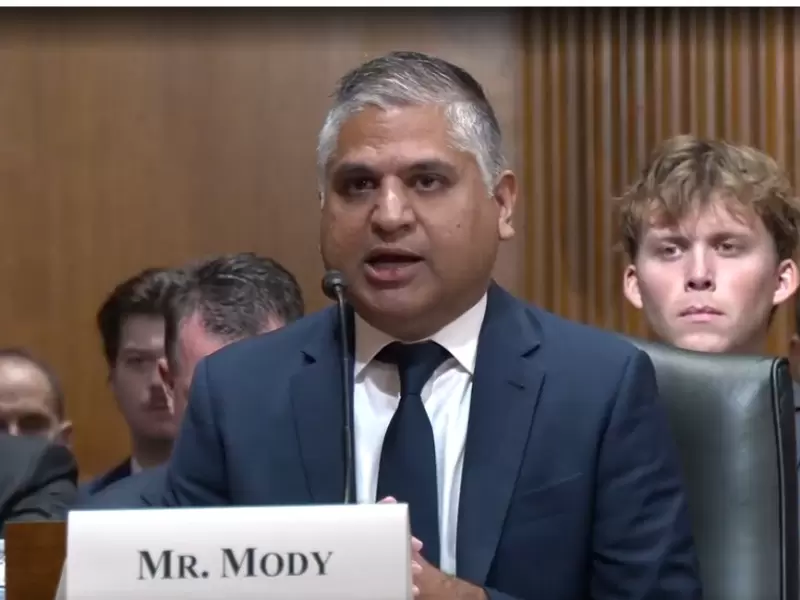
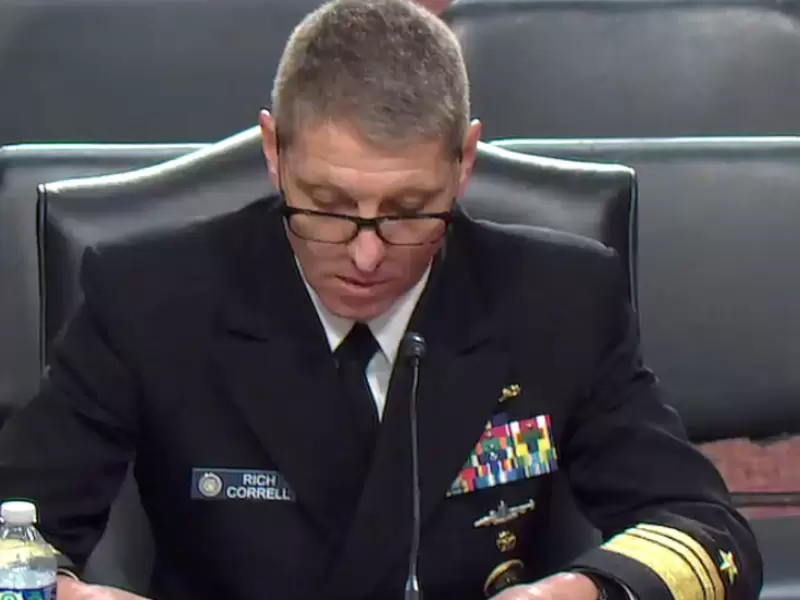



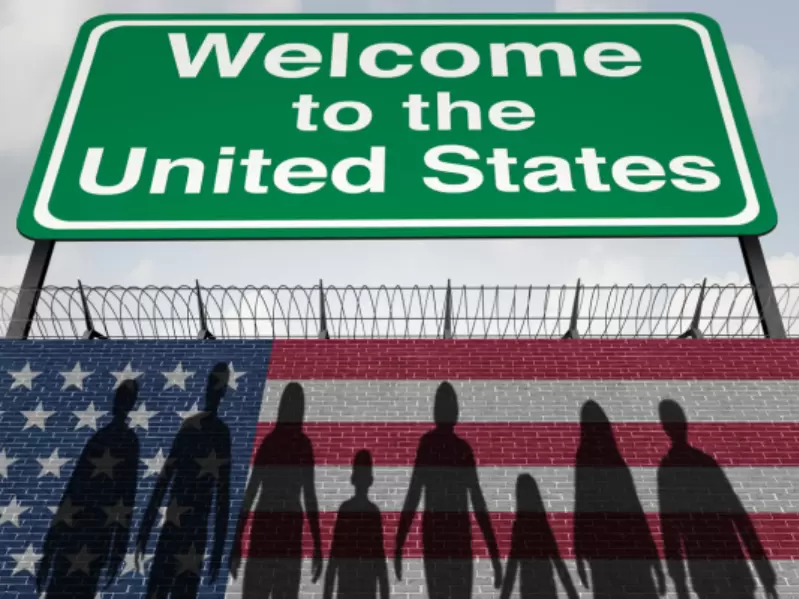

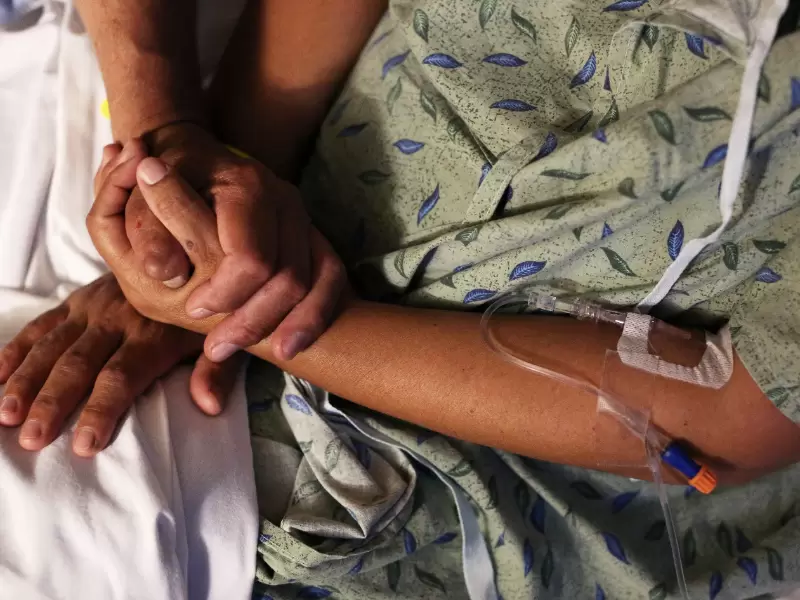


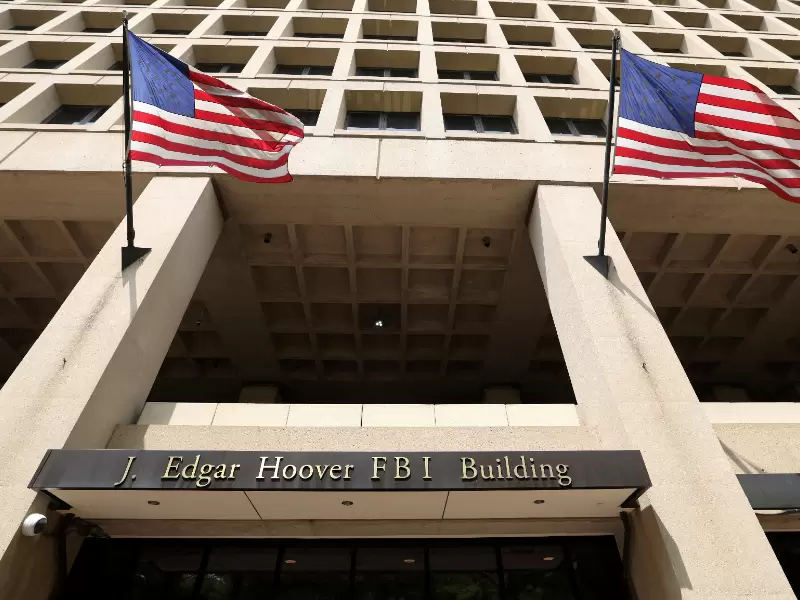

Comments
Start the conversation
Become a member of New India Abroad to start commenting.
Sign Up Now
Already have an account? Login